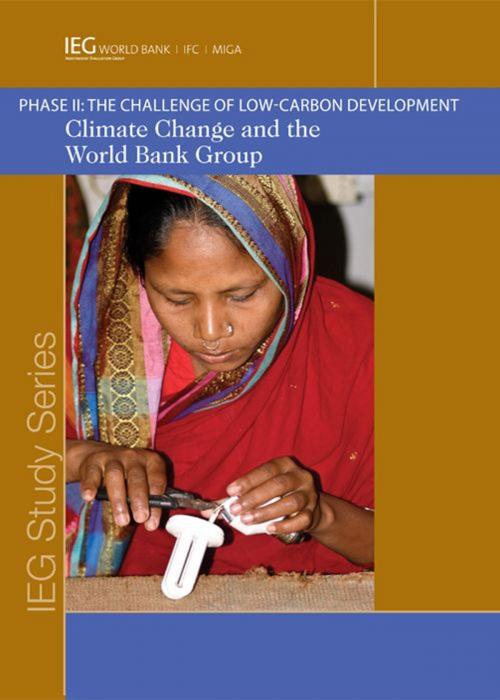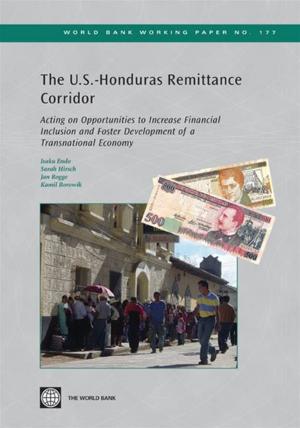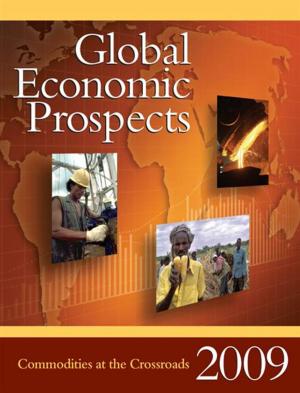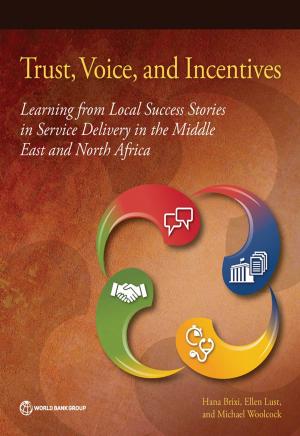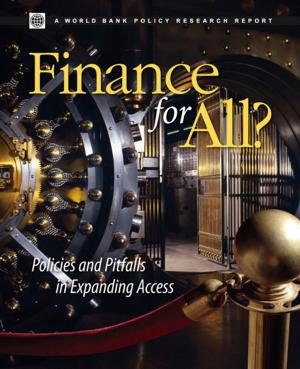Climate Change and the World Bank Group: Phase I I - The Challenge of Low-Carbon Development
Nonfiction, Social & Cultural Studies, Political Science, Government, Public Policy| Author: | World Bank | ISBN: | 9780821386545 |
| Publisher: | World Bank | Publication: | January 26, 2011 |
| Imprint: | Language: | English |
| Author: | World Bank |
| ISBN: | 9780821386545 |
| Publisher: | World Bank |
| Publication: | January 26, 2011 |
| Imprint: | |
| Language: | English |
This study from the Independent Evaluation Group draws lessons for development and climate change mitigation from the World Bank Group's far-reaching portfolio of projects in energy forestry transport coal power and technology transfer. Reviewing what has worked what hasn?t and why the evaluation?s key findings include:Energy efficiency can offer countries direct economic returns that dwarf those of most other development projects while also reducing greenhouse gas emissions. Tropical forest protected areas on average significantly reduce tropical deforestation preserving carbon and biodiversity. Deforestation rates are lower in areas that allowed sustainable use by local populations than in strictly protected areas. Deforestation rates were lowest of all in indigenous forest areas. For renewable energy projects long-duration loans have been important in making projects financially viable.. But at prevailing carbon prices carbon offset sales had little impact on most renewable energy projects? rate of returns and did not address investors? need for up-front capital.Technology transfer ? broadly understood to include diffusion of technical and financial innovations related to low-carbon development ? has worked well when the logic of piloting and demonstration is well thought out and when grants are used to mitigate the risk of pioneering efforts.
This study from the Independent Evaluation Group draws lessons for development and climate change mitigation from the World Bank Group's far-reaching portfolio of projects in energy forestry transport coal power and technology transfer. Reviewing what has worked what hasn?t and why the evaluation?s key findings include:Energy efficiency can offer countries direct economic returns that dwarf those of most other development projects while also reducing greenhouse gas emissions. Tropical forest protected areas on average significantly reduce tropical deforestation preserving carbon and biodiversity. Deforestation rates are lower in areas that allowed sustainable use by local populations than in strictly protected areas. Deforestation rates were lowest of all in indigenous forest areas. For renewable energy projects long-duration loans have been important in making projects financially viable.. But at prevailing carbon prices carbon offset sales had little impact on most renewable energy projects? rate of returns and did not address investors? need for up-front capital.Technology transfer ? broadly understood to include diffusion of technical and financial innovations related to low-carbon development ? has worked well when the logic of piloting and demonstration is well thought out and when grants are used to mitigate the risk of pioneering efforts.
